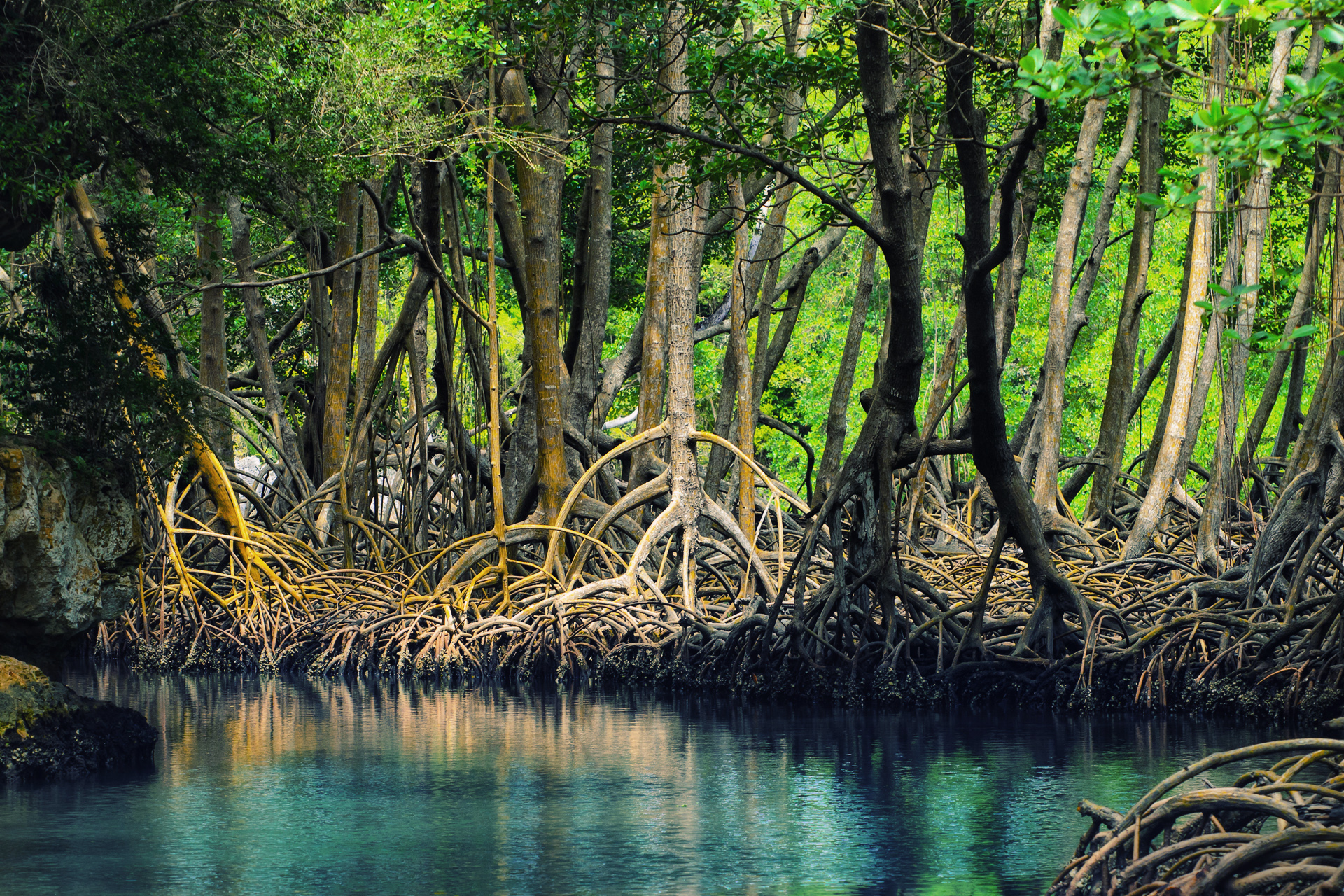Developing New Financial Tools to Invest in Nature-Based Solutions for Climate Adaptation
By Michael Beck, Galina Hale, and Ted Liu

Proposal
There is a growing demand for pricing climate risk and identifying cost-effective solutions, particularly nature-based solutions, to reduce this risk. Unfortunately, there is still a large gap between the demand for this work and the interdisciplinary science to deliver answers. We aim to rigorously quantify climate risks and the value of nature-based solutions to reduce them and to inspire greater investments in them.
Ecosystems provide benefits that society should pay for, but these services are rarely valued rigorously or in the economic terms needed by investors and government agencies. Coastline deterioration due to climate change can be reduced through climate adaptation projects such as the protection and restoration of coral reefs, marshes, and mangrove forests. The benefits from these projects occur over time, benefit individual agents, and take the form of lower climate-related losses than would have occurred otherwise. But such adaptation projects come at upfront costs, including opportunity costs of alternative use of landscape such as landfill construction, fishing, and sea farming. Thus, coastal climate adaptation projects are underfunded, if left to individual economic agents, due to tragedy of the commons, tragedy of horizons, uncertainty about future losses, and steep discounting of future losses.
The impact of the project will be to produce a verifiable and repeatable approach for calculating the costs and benefits of nature-based, coastal adaptation projects. We will contribute to the development of financial instruments to privately fund such projects that could then be marketed to investors interested in investing in climate finance.
Related
See works by researchers at the Coastal Resilience Lab here